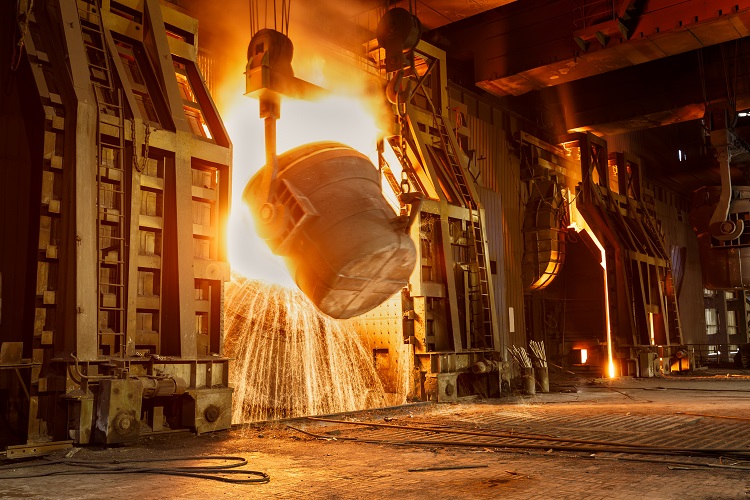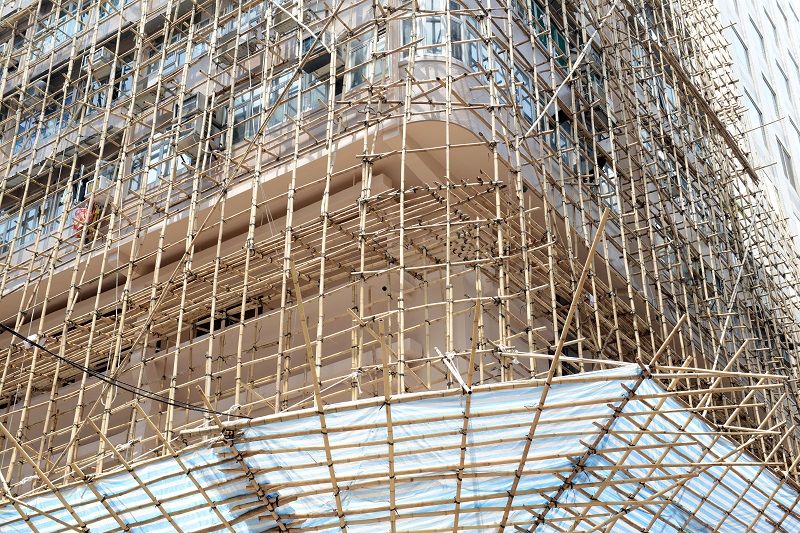Which is better, bamboo or stainless steel?
Many eco products are made with bamboo or stainless steel so it’s good to know which is better for the environment.
Both have benefits in terms of sustainability and impact on the planet and both are used in a wide range of environments, with masses of useful products available. Clearly, steel is the “big hitter” across the globe, and absolutely central to the way we build and move around, while bamboo is also used everywhere, particularly in Asia.
From the largest scale projects to everyday products for the kitchen, bathroom and our pets, like bamboo and steel food bowls, the two universal materials can help to make the world a cleaner and better place.
Benefits of stainless steel
Stainless steel is produced using basic elements: iron ore, chromium, silicon, nickel, carbon, nitrogen, and manganese. The unique properties of different alloys are tailored by varying the amounts of these elements.

The high chromium content, usually 12% to 20% of the alloy, ensures that it has excellent resistance to stain or rust. Actually, there are more than 57 stainless steels approved as standard alloys as well as many proprietary alloys produced by different stainless steel producers.
Stainless steel is created by melting iron ore, chromium, silicon, nickel and other elements at very high temperatures over 8-12 hours in an electric furnace, then cast into several shapes, like blooms, billets, and slabs. Then the steel is heat treated, cleaned and polished before being shipped.
Durable, low maintenance and recyclable, it has been a top-choice for medical items and food processing, where exceptional hygiene is vital. BPA-free, chemical-free and food grade stainless steel is easy to clean and, unlike plastic, does not leak harmful chemicals such as BPA and phthalates.
Environmental impacts of steel
Steel production has a number of impacts on the environment, including air emissions (CO, SOx, NOx, PM2), wastewater contaminants, hazardous wastes, and solid wastes. The main impacts from integrated steel mills are in the coking and iron-making processes.
The industry has focused for decades on improving its production processes and manufacturing technology so that, for example, the energy required to produce raw steel has dropped 60 per cent over the past 60 years.
Manufacturers can now also fully reuse by-product gases from the furnaces as a direct fuel substitute, for internal generation of electricity, or sold for power generation. Burning off by flaring is now seen as a last resort. Also, CO2 by-products can be captured, cleaned, and used to make carbonated drinks.
Electric arc furnaces allow steel production from 100% scrap metal. Producing steel from scrap uses much less energy than producing new steel. Generally, stainless steel is produced with 25% old scrap, 35% new scrap returning from production and 40 % new raw materials.
Potentially, stainless steel is completely recyclable and has an exceptionally long useful life, spanning many decades before it finds its way into the recycling mix when it’s no longer needed or is simply worn out.
It’s also worth remembering that the main alloying elements – chromium, nickel and molybdenum – are highly valuable and can be easily be recovered.
But, as with most products, you will still find stainless in disposal sites and landfill. The good news is that, unlike many other metals, it will have no damaging effects on soil and water.
Benefits of bamboo
Bamboo is a grass that is both tough and prolific. We have more than 1,600 species across the globe and they flourish in a wide range of climates from the hot tropics to cold mountain ranges.
Some species can reach up to 35 metres (115 ft) tall, with a diameter of 30 cm (11 inches) and it’s the fastest growing grass in the world, in some cases 1 inch every 40 minutes, or up to 3ft in a day. It can reach full maturity within 3 to 5 years, depending on the species.

Bamboo is also a sustainable and ecologically beneficial crop. About 40 million hectares (99 million acres) mostly in Asia, is covered with bamboo and because it grows densely in clumps, it eases pressure on land. On average, you can crop around 60 tonnes per hectare, compared with 20 tonnes for most trees.
Bamboo plants release 30% more oxygen into the atmosphere compared to other plants and they also help prevent soil erosion. What’s more, we can use every part of the plant for a variety of purposes ranging from construction to deodorants and medicines.
Bamboo’s strengths
The use of bamboo in the construction, automobile and other fields helps to reduce our reliance on steel, plastic and carbon fibre, all of which produce greenhouse gases in huge quantities.
Its tensile strength is also greater than steel – 28,000 pounds per square inch compared with 23,000 pounds psi. We measure tensile strength as the resistance offered by an object to breaking or splitting under tension.
Of course, it’s unlikely that we will need that level of strength in our everyday household products, from our bamboo pet bowls to kitchen towels, toothbrushes and cutlery! But it is great to know how durable and resilient they will be.
Bamboo is also a wonderful material when it’s processed sustainably for textile purposes and fabrics have been made from the plant for many thousands of years. The best quality fabric is produced in ways that do not extract cellulose but, instead, a natural enzyme is used on crushed bamboo wood fibres, which are then washed and spun into silky yarn.
And clothing aside, bamboo fabric is great as a sustainable alternative to single-use products. For example the ecoegg Reusable Kitchen Towels that give 85 uses per sheet (with 20 sheets to a roll) and facial products like the Bambaw Reusable Bamboo Makeup Remover Pads, that can be washed and reused many times.
Our Beco Pets Bamboo bowls are made combination of bamboo, cornstarch and rice husks, a natural by-product from rice farming. The bowls have the same strength and durability as plastic, but they will naturally break down at end-of-life, so are much kinder to the planet.
Clearly, both bamboo and stainless steel products are a far better choice than plastic in terms of impact on the planet with each having its own strengths but for many products, the natural, environmentally-friendly choice would be the fast-growing bamboo grass.